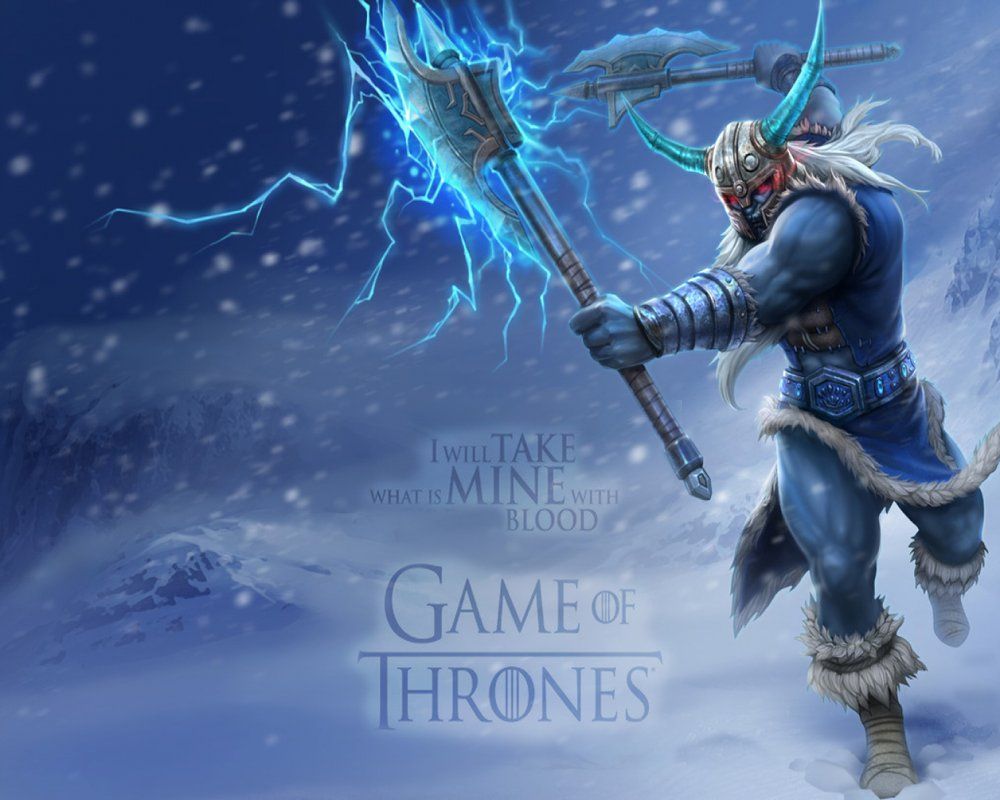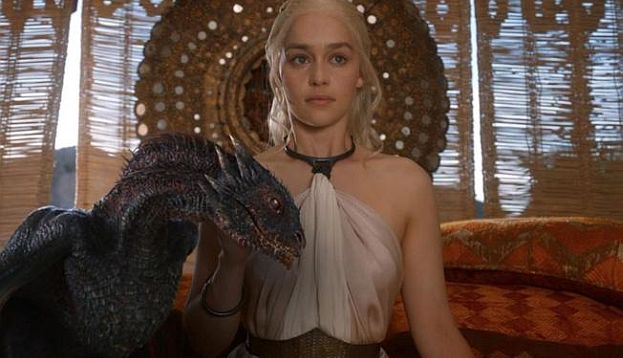Riot Games has caught the attention of Hollywood. HBO made a cold call to the Santa Monica, CA-based game studio to connect with the massive eSports fan base that League of Legends has around the globe. The pay cable network kicks off a three-week program today (March 22nd) to promote the fourth season of Game of Thrones, which debuts April 6. Dustin Beck, vice president of eSports and merchandising at Riot Games, details the promotions and discusses what this deal means for eSports and its growing popularity in this exclusive interview.
On the heels of the Lionsgate Ender’s Game eSports Tournament, how have you seen Hollywood take notice of pro gaming?
Generally speaking, a lot of non-endemic players are starting to take notice given some of the mainstream press we’ve been getting recently, whether it’s our Staples Center event or our announcement about doing an All-Star Game in Paris. Big names are now starting to understand the demographic that they’re able to reach through eSports, which is a relative nuanced and new demographic that they traditionally haven’t been able to reach effectively.
Do you have a sense of how big an overlap there is between League of Legends players and Game of Thrones fans?
We’ve done a lot of player surveys to see what our fans like and dislike and I think a lot of the discussion and strategies going forward that we have are going to cater to our fan base. We want to make sure that any activations that we do are super authentic to our fans and that we’re not working with brands that aren’t going to have any value to our players.
How did this Game of Thrones advertising deal happen with HBO?
We got a cold call from HBO because they thought that there was going to be a great overlap between our players and their demographic of people that watch Game of Thrones and this was a good way to explore reaching that demographic through new media.
 This fan artist on DeviantArt has already mashed up League of Legends with Game of Thrones
This fan artist on DeviantArt has already mashed up League of Legends with Game of ThronesCan you detail the Game of Thrones plan?
HBO is doing a three-week activation in advance of their series premiere on April 6. They’re going to be getting some marketing assets, whether that’s logo bugs or Website takeovers. But we’re also working with their team to produce a mash-up trailer. They’re giving us some exclusive sneak peaks into footage that hasn’t been seen before.
What are the advantages to Hollywood studios or mainstream brands when it comes to the League of Legends community?
There are a couple of advantages going through us. We have a very loyal, dedicated fan base that has built up trust with Riot and our brand and our eSport. We make sure that any of the brands that we are working with have relevance to them and to properties that they like. The advantage with us versus traditional TV or even traditional sports is we have a very limited, focused advertising or sponsorship and partnership strategy. We’re not working with a ton of different brands. There’s not going to be the kind of sponsor overload you get when you look at NASCAR for example. You see a car that’s littered with various sponsor bugs and it’s very hard to focus in on what logo you’re looking at. We have the exact opposite approach, where we’re modeling our strategy after what The Masters of golf does, where we want a very limited, focused set of advertisers or sponsors with very high touch, high share voice and frequency. We have about three-and-a-half minutes of ads per hour, whereas TV is 14-plus minutes of ads per hour.
What impact do you feel having American Express and Coke get on board has had on opening up Hollywood’s eyes to eSports?
American Express and Coke have been very thoughtful and intelligent partnerships with us. They get the value that their brands can bring to our players and community in a first-mover segment. They’re blue chip, well-established brands that are going to put a lot of people on notice. They’re brands that haven’t been involved in eSports traditionally, so it’s groundbreaking. Traditionally, eSports had been very inundated with endemic partners and brands and these companies are breaking the mold. They’re the first to market and they’re establishing a lot of brand credibility in that sense.
How have you worked with Coke on the Challenger Series?
Coke has been a very valuable partner for us on the Challenger Series. They’re bringing to the table a new kind of approach on how we want to engage with our plans and with our players. They want to make sure that they’re doing it in an authentic and genuine matter that is going to add value to the scene, and not just be a logo bug on the screen. They’re starting to build up their own discipline within gaming. They brought in a head of global gaming, Matt Wolf, who’s been our go-to contact on that front. And they’re exploring a lot of ways now that they can get involved with the scene and help us build this Challenger League into what we hope it’s going to become. We think it’s very similar to the Coke leagues that they have for European soccer, for example, that are feeder leagues into the premiere league. We’re looking to do the same thing.

